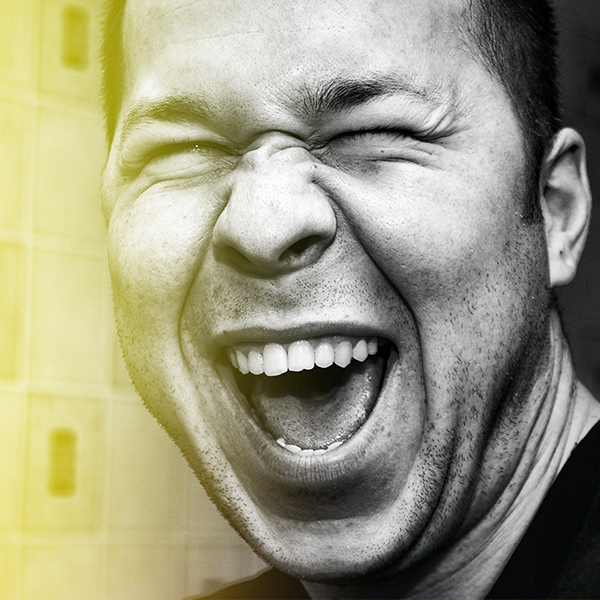

Complete the form below to access this free resource.

G is a high-achieving HR professional who, despite changing companies, had remained in the same job function for 15 years. When G approached us, she was contemplating quitting her job without having another opportunity lined up, G was on the verge of burnout, she was feeling stuck, unhappy, and significantly lacking motivation and engagement in her work. Her primary goal for the coaching journey was to gain clarity on her next career steps. Specifically, she wanted to assess whether she should stay in her current role or quit, and if she chose to quit, where she should move next.

Exploring Values and Defining "Happy Mondays"
We started by guiding G to explore her definition of "Happy Mondays." This was crucial because, without a clear understanding of what she truly wanted, we couldn't accurately assess what was missing or needed to change. Through our work, we addressed the common misconception that the grass is always greener on the other side, which isn't always true. Honest guided self-reflection helped us clarify what truly mattered to her, setting the ground to assess what changes, if any, could be made within her current organisation to make her feel more engaged. If no viable changes were possible, we would then plan for a career transition.

Financial Reality Check
One of the first practical steps was to explore the financial reality of quitting without a job. We needed to ensure G could sustain herself during a job search that could take longer than anticipated due to the market situation

Understanding the Root Cause of Dissatisfaction
We identified her core values and what was most important to her. G's core values were excellence and making an impact, which she felt were in conflict with her company's culture. She perceived a lack of direction from management, leading to a feeling that her work lacked impact. Additionally, she felt micromanaged and believed her boss did not trust her. The organisation's aversion to change and focus on maintaining the status quo further contributed to her frustration. Moreover, when examining G's daily tasks, we saw that a significant portion of her time was spent on tasks she considered to not add value to the company.

Challenging Assumptions and Limiting Beliefs
Another crucial step in our intervention was to challenge G's thinking. We observed that she was making decisions based on unspoken assumptions and personal beliefs rather than objective facts. It was essential to bring awareness to this tendency, encouraging her to question these beliefs and openly communicate her thoughts.

Self-Advocacy
We worked on strategies and supported G to take accountability for her future by expressing her discomfort and desires to her manager. It was only fair to give the organisation the opportunity to understand her feelings and potentially make adjustments to retain her. Even if no changes could be made, confronting the discomfort of speaking up would serve as valuable practice for her future roles.
G’s success stemmed from her willingness to engage in self-reflection, her openness to challenge herself, and her commitment to taking accountability for her unhappiness. This case underscores the importance of defining your “Happy Monday” and using it as a guiding principle to shape your role and career path. Ultimately, it demonstrates the power of the adage: “If you don’t ask, you don’t get.”







Ready to create your Happy Mondays?
Book a free call
